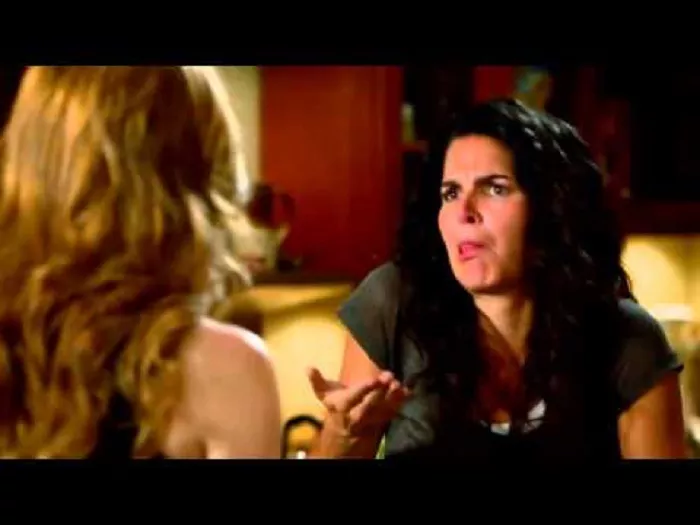Carla Bley, an influential jazz composer and pianist, has died at her home in Willow, N.Y., of complications from brain cancer. She was 87. Bley’s partner of over 30 years, bassist Steve Swallow, confirmed the news to the New York Times.
A pioneer of the free jazz movement, Bley led a big band with New York’s leading musicians, a sextet with Larry Willis and Hiram Bullock, and a chamber-like trio with Swallow and Andy Sheppard. Bley was the original conductor and arranger of the Liberation Music Orchestra, the ensemble founded by Charlie Haden in 1969, and continued to lead it in tribute after Haden’s death in 2014.
She is best known for her 1971 jazz opera Escalator Over the Hill, which helped establish her unique style of operatic jazz and featured artists such as Linda Ronstadt, Jack Bruce and Charlie Haden. In 1973 it was voted album of the year by Britain’s Melody Maker magazine and won the Grand Prix du Disque, France’s most prestigious award for music recordings.
From elegant songs like “Lawns” to cinematic pieces like “Fleur Carnivore”, Bley’s work spanned genres and cemented her as one of jazz’s most versatile musicians. As well as producing her own albums, she wrote and co-produced all the tracks on Nick Mason’s Fictitious Sports, the debut solo album by Pink Floyd’s drummer.
She also founded several record labels, including JCOA Records and the ECM-distributed Watt, which released work by Don Cherry and Cecil Taylor. With Michael Mantler, Bley founded the non-profit New Music Distribution Service, which operated from 1972 to 1990, to bring her labels to a wider audience.
Her awards include the Guggenheim Fellowship for Music Composition in 1972 and the National Endowment for the Arts Jazz Master in 2015. Her last album, Life Goes On, a collaboration with Sheppard and Swallow, was released in 2020.
Born Lovella May Borg on 11 May 1936 in Oakland, California, she moved to New York in the 1950s and worked as a cigarette girl at Birdland, where she was introduced to the jazz scene. It was there that she met jazz pianist Paul Bley, whom she eventually married in 1957. Most of her earliest compositions appeared on Bley’s albums. After their divorce in 1967, Bley married trumpeter Mantler.
Bley is survived by their daughter, the musician Karen Mantler, and by Swallow.
























